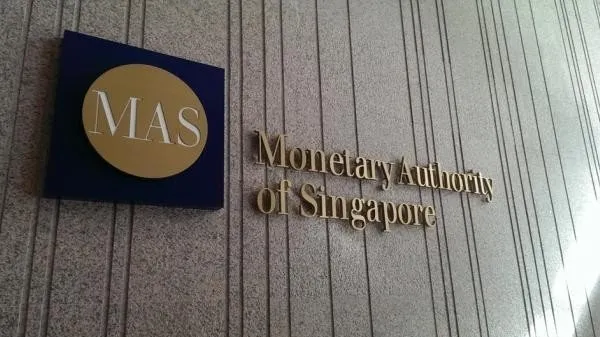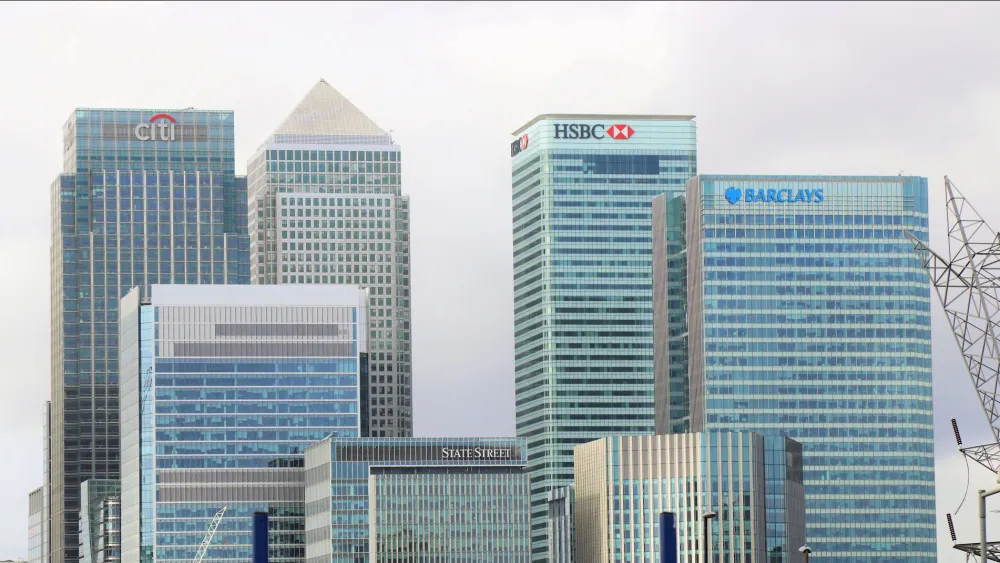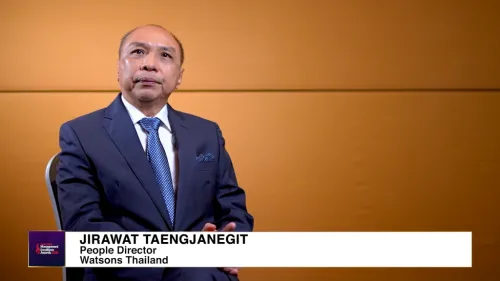
Singapore lifts dividend cap on local banks, financial companies
Local financial firms are expected to remain resilient even should the economy slip into a recession again.
The Monetary Authority of Singapore (MAS) has lifted dividend restrictions on locally incorporated banks and finance companies headquartered in Singapore.
In a press release, Singapore’s central bank said that it will not extend its earlier imposed restrictions. The restrictions capped local banks and finance companies’ total dividends per share (DPS) for the financial year (FY) 2020 at 60% of FY2019’s DPS, and offered shareholders the option of receiving the remaining dividends to be paid for FY2020 in shares in lieu of cash.
MAS had introduced the dividend cap in June 2020 to ensure that local financial institutions maintain their lending capacity to support the economy during the pandemic.
The central bank cited improvements in the global and local economic outlook, as well as confidence in the resilience of local banks and finance companies, as reasons to not extend the dividend restrictions.
Local financial institutions are expected to remain resilient even if Singapore’s economy slips into a recession again in 2021, in the event of a stalled global recovery due to delays in vaccine deployment and the global resurgence of the pandemic from mutated virus strains.
“Local banks and finance companies have maintained strong capital adequacy ratios and continued to meet the credit needs of individuals and businesses, despite higher levels of provisioning made during the pandemic,” the statement read.
Ho Hern Shin, deputy managing director of MAS, asked banks to continue exercising prudence in their distributions and prioritize support for customers.
“As downside risks remain, local banks and finance companies should exercise continued prudence in their discretionary distributions, whilst prioritising support to customers,” Ho said.
“Particularly when COVID-19 is not yet endemic, businesses may face added liquidity strains when COVID-19 measures are tightened from time to time. Banks and finance companies will do well to proactively work with customers to navigate these challenges.”
Eugene Tarzimanov, vice president and senior credit officer at Moody’s Investors Service, expects the three largest Singaporean banks—DBS, OCBC, and UOB—to increase dividend payments to pre-pandemic levels of around 50% of their net income.



















 Advertise
Advertise








